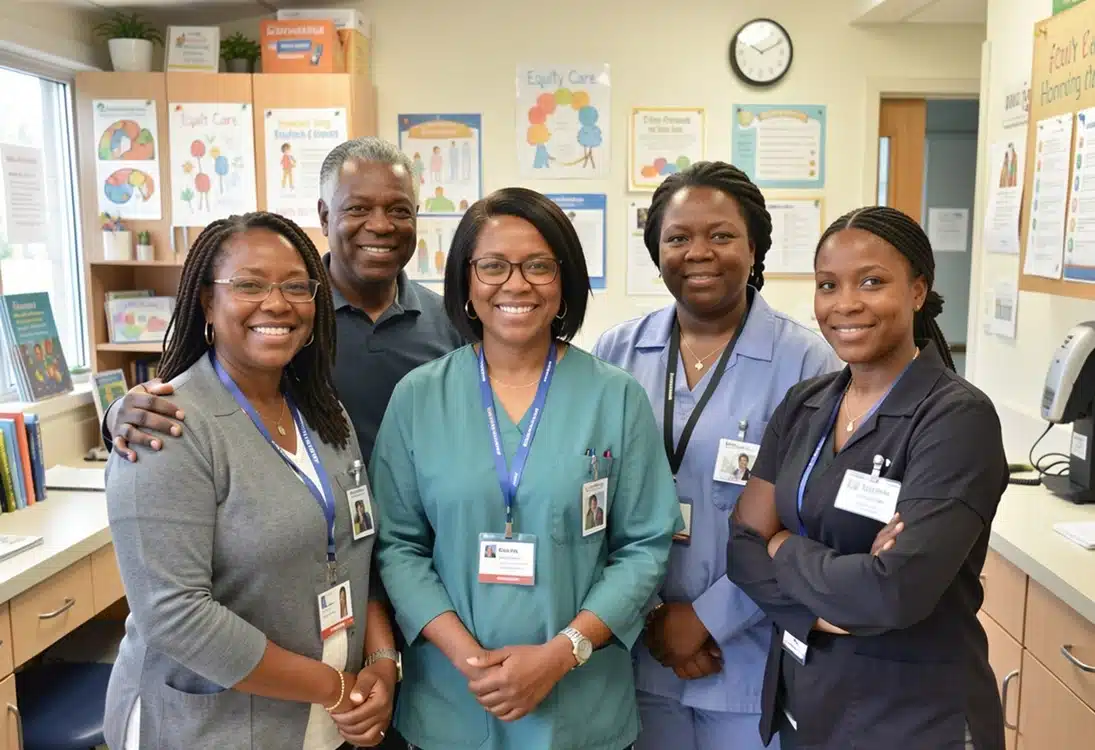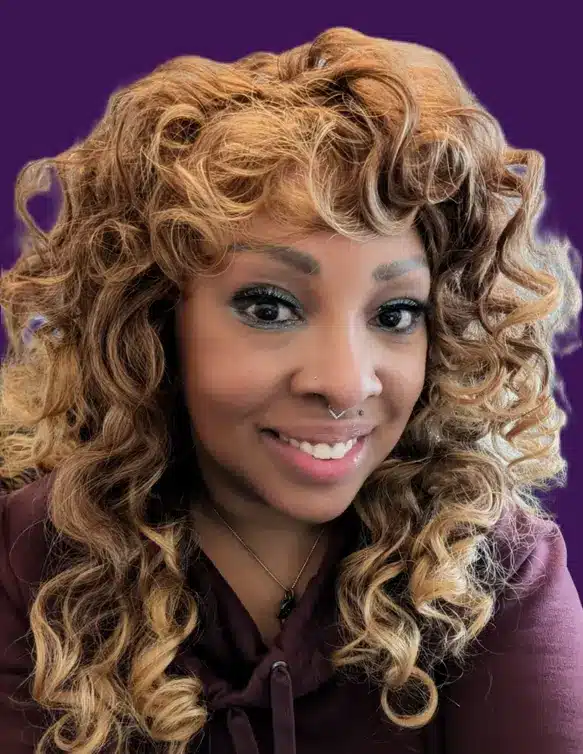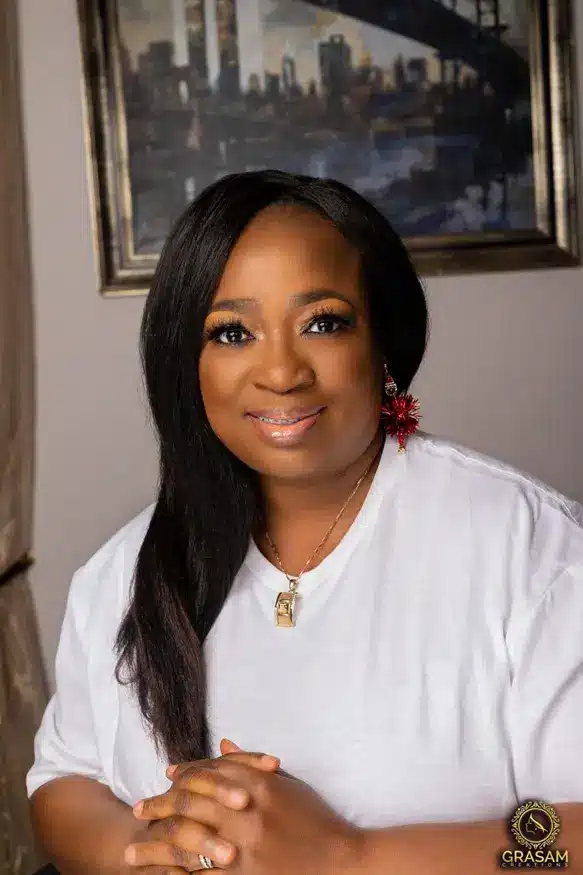Marianne Sofronas, in her research about people living with neurologic disease, wrote “We are not the person we will be when these things happen”. We are not the person we will be when at some future point we experience changes in our health and may develop disabilities. I asked Marianne to help me understand this thought and share her ideas with us. Thank you very much Marianne!
I hope that you find value in these blogs. Please consider commenting and contributing to this ongoing discussion.
Kath
Marianne Sofronas, RN, PhD
Assistant Professor/Faculty of Health Sciences
School of Nursing /University of Ottawa
and
Director of Research
Canadian Palliative Care Nursing Association
https://cpcna.ca
Receiving a serious illness diagnosis changes everything. Routines are disrupted, relationships shift, priorities are called into question. For people with life-limiting neurologic disease, their diagnosis can threaten their very personhood, as the organ that defines who they are is the site of advancing disease. Their ability to move, think, communicate, and relate to others can profoundly change. Some people feel as though they are losing pieces of themselves as their disease advances, and their function worsens. They also report feeling ‘useless’ or a ‘burden’ to those around them, experiencing a significant loss of dignity as their dependence on others increases.
The “Line in the Sand”
In my practice and research in neuropalliative care, there is often a “line in the sand” – a point beyond which the person thinks that their life is no longer worth living. The threshold varies and can be marked by not being able to eat solid food, drive, pursue a favourite activity, walk, dress, or toilet unassisted, or breathe without supplemental oxygen.
Allen’s Story
Allen’s* experience after his ALS diagnosis exemplified this. As his limb weakness progressed, Allen meticulously listed the activities he could no longer do: going to the movies, playing with his grandkids, or even preparing his coffee just right (2 teaspoons of sugar, a bit of cream, well stirred). He began to feel like a burden to his children, who took care of him in shifts. Allen’s first line in the sand was needing help getting to the bathroom. As a proud and independent man, he was certain that this would be unbearable to live with.
What Makes Life Worth Living
In reality, when the “line in the sand” materialized, many people were surprised to realize they had already adjusted, shifting their focus on what they could still do, what gave their lives meaning. While they continued to struggle and mourn losses, they identified other things made their life worth living. Allen, for instance, described his family as “a bunch of jokers” who loved to laugh. After working through what gave him purpose and what robbed him of dignity, Allen and his family used humour to work through the less dignified aspects of his care. His grandkids learned to make his coffee, often with elaborate pranks that had the entire family in stitches. They even created a movie theatre with a projector in his living room and used FaceTime so Allen could watch his grandson’s school play.
The disability paradox is a phenomenon where people living with serious and persistent disability often report a good or excellent quality of life, when others (including healthcare workers) rate it as poor. Like many people experiencing disability, Allen realized his disease wasn’t the biggest threat to his personhood and dignity. He could live a “good enough life,” as he called it, at home, with assistance.
Institutional Barriers to Dignity
The true challenges came up outside his home. He recounted a two-day hospital stay where he didn’t eat at all. Despite explaining that he could not use his hands, staff would bring his food tray and leave. Allen reminded them that he needed to be fed but was told the staff “didn’t have time.” Needing help with meals didn’t make Allen feel undignified, but being told the hospital just wasn’t set up to help him –that did. He dreaded hospitals after that.
Dignity is Evolving
For nurses and PSWs accompanying people through serious illness, maintaining dignity and personhood is central. However, this will look different for every person and their family. We cannot assume what constitutes a “good enough life,” or a “life worth living.” As illnesses progress, circumstances, values, goals, and preferences can all change. It’s risky to assume that our initial perceptions at diagnosis will remain the same months or years later. We are not the person we will be when these things happen. People need safe spaces to explore these evolving questions; it’s an ongoing conversation. What we can do, is challenge care practices, institutional routines, biases, and assumptions that rob people of dignity and threaten personhood.
A Meaningful Farewell
After living with ALS for about 2 years, Allen requested medical assistance in dying. His final line in the sand was shortness of breath that was difficult to treat without making him too drowsy. A few days before his death, his family organized a final celebration filled with laughter and tears, a few sips of coffee, and their favourite family videos playing on the projector.
*Name and details were altered for confidentiality






